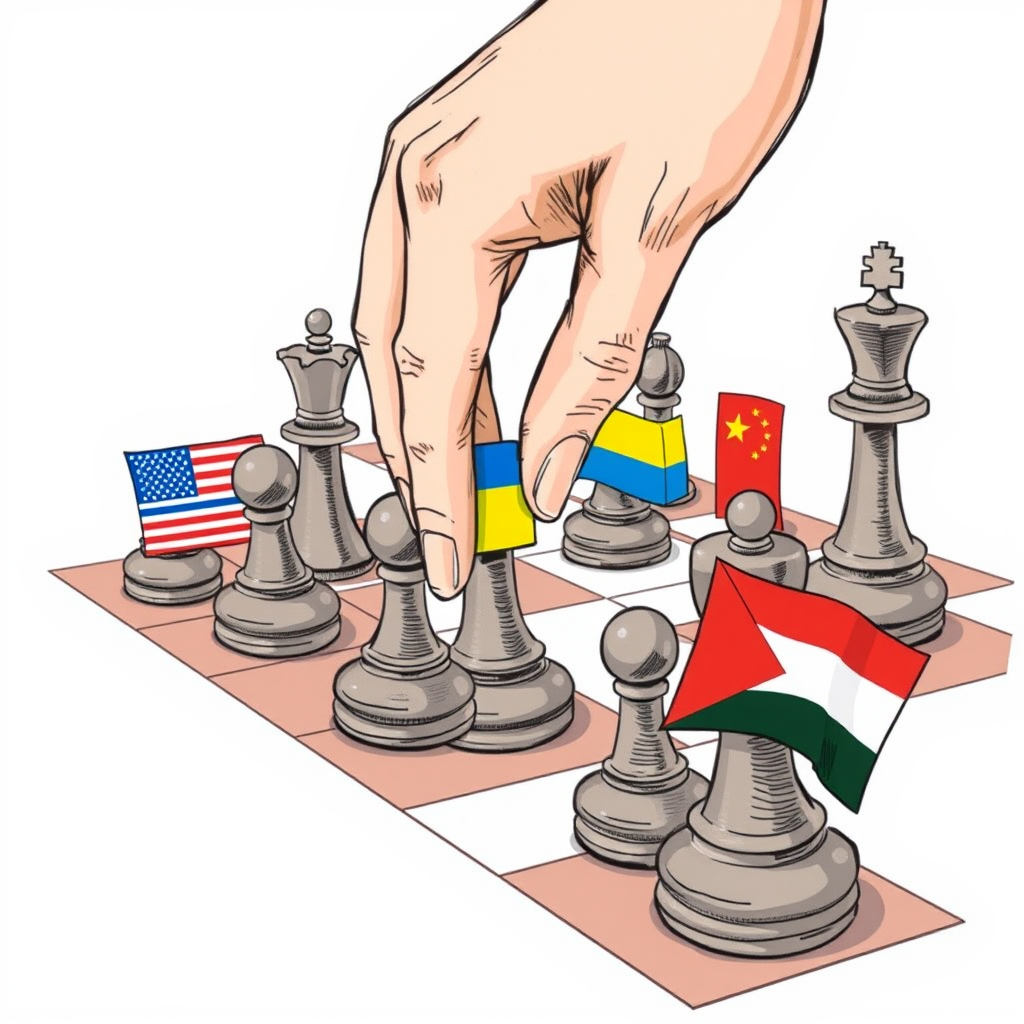Trump’s Foreign Policy: Transactions Over Traditional Diplomacy

President Trump consistently characterizes his approach to international relations as transactional, framing interactions with other nations primarily as business deals rather than engagements rooted in traditional diplomacy. This emphasis on deal-making has been a defining feature of his foreign policy, noticeably shifting away from established practices of sustained dialogue and negotiation, particularly with geopolitical rivals. While urgent global crises like the ongoing conflicts in Ukraine and Gaza demand complex diplomatic solutions, the administration has publicly prioritized securing agreements – often focused on economic or security concessions – over extensive, conventional diplomatic efforts aimed at de-escalation and long-term stability. This approach, while potentially yielding short-term gains through specific agreements, raises concerns about the sustainability of these relationships and the potential for overlooking crucial nuances in complex international situations. The relative downplaying of traditional diplomatic avenues in favor of deal-focused interactions represents a significant departure from previous administrations and warrants continued scrutiny as its long-term effects unfold.